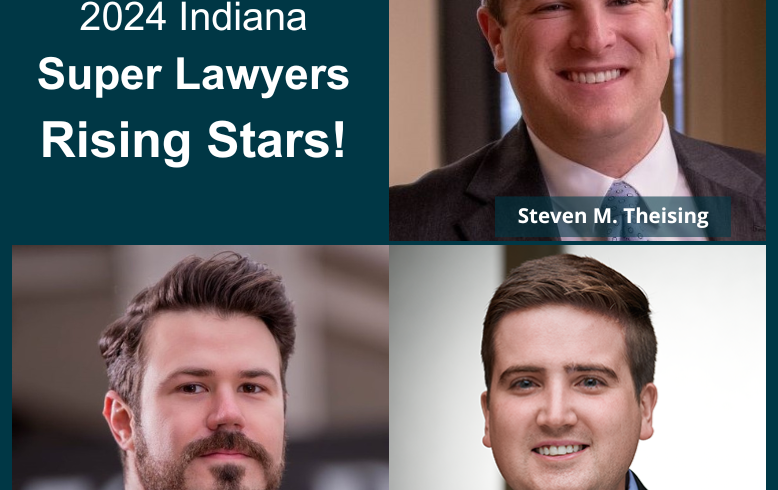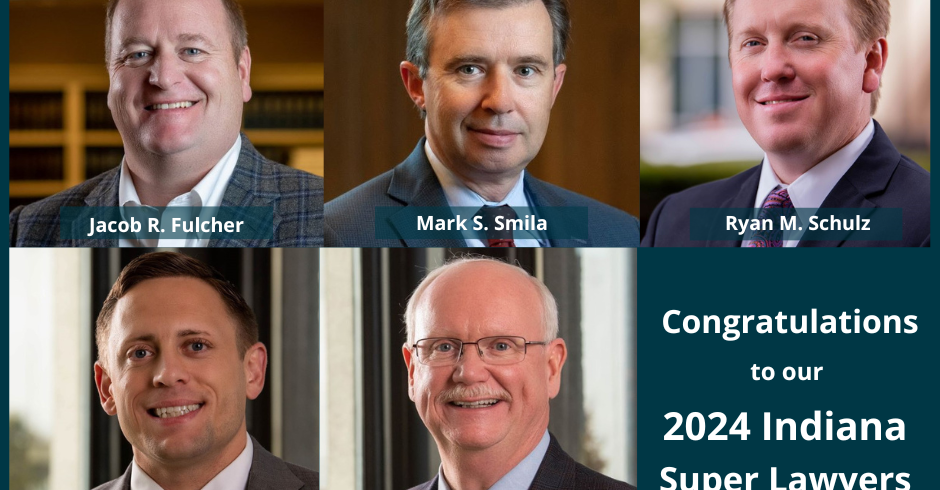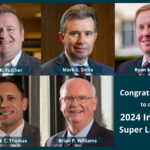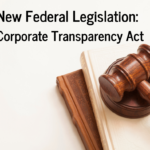Recent cases in Illinois and Alabama involving controversial displays and leaflets help illustrate the guidelines public universities must follow when dealing with the expressive activities of students and visitors.
In general, a university that permits students and outside visitors access to a portion of the university’s facilities to pass out literature, display posters or otherwise engage in expressive activities creates a designated public forum, commonly referred to as a “Speech Zone.” Courts interpreting the First Amendment have generally held that a public university or other government entity that creates a designated public forum may not regulate speech based on its substantive content or the message it conveys. Rosenberger v. Rector & Visitors of the Univ. of Va., 515 U.S. 819, 828 (U.S. 1995). In Rosenberger, the U.S. Supreme Court stated, “ideologically driven attempts to suppress a particular point of view are presumptively unconstitutional.”
In the recent Alabama case, Students for Life USA v. Waldrop, No. CIV.A. 14-0157-WS-B, 2015 WL 468473, 2015 U.S. Dist. LEXIS 13104 (S.D. Ala. Feb. 4, 2015), a student organization filed a lawsuit against the university president and other administrators after being denied permission to place a “cemetery of the innocents” display in a Speech Zone at the University of South Alabama. Permission for the display was denied because it “advocates for a position that involves political and social controversy.”
The Court found that the administrators denied permission due to the plaintiff’s viewpoint on abortion. Because case law establishing the impermissible nature of viewpoint discrimination was well-established, the Court held that the administrators who made the decision were personally liable for damages resulting from their violation of the plaintiff’s free speech rights.
In the recent Illinois case, Lela v. Bd. of Trustees of Cmty. Coll. Dist. No. 516, No. 14 CV 5417, 2015 WL 351243, 2015 U.S. Dist. LEXIS 7146 (N.D. Ill. Jan. 27, 2015), a community college denied the plaintiff permission to distribute flyers sponsored by Heterosexuals Organized for a Moral Environment. The college had allowed the plaintiff, an outside visitor, to distribute leaflets on campus on at least two prior occasions, and had allowed several other outside organizations to pass out literature at the same location.
The community college’s policy provided that “college facilities may be made available to college and non-college sponsored programs, provided the use does not interfere or conflict with the normal operations or educational programs of the college; the use is consistent with the philosophy, goals and mission of the college; and the use conforms to federal, state, local laws and ordinances.” The college used this policy to prevent the plaintiff from handing out leaflets that the college determined to be “demeaning to a protected class at the College . . . which the College cannot condone because it is contrary to the College’s mission.” The Court held that the college had created a designated public forum and thus could not discriminate against plaintiff based on the content or viewpoint of her speech.
The college also argued that allowing the anti-homosexuality leaflets to be distributed would conflict with the college’s federal obligations to keeps its campus free of discrimination. The Court rejected this argument as unfounded since the U.S. Department of Education Office for Civil Rights had previously determined that its prohibitions against discrimination and harassment do not require colleges or universities “to impinge upon rights protected under the First Amendment to the U.S. Constitution or to require recipients to enact or enforce codes that punish the exercise of such rights.” July 28, 2003 Dear Colleague Letter
Ultimately, the Court granted plaintiff’s motion for a preliminarily injunction against the college, preventing it from denying plaintiff access to the college for the purposes of leafleting and ordering the college to provide plaintiff with an appropriate time and place where such leafleting could occur.
These cases highlight the importance of reviewing existing policies regarding access to campus facilities for expressive activities by students and outside visitors. If a college or university chooses to create a Speech Zone on campus, the administrators responsible for managing access to the Speech Zone, including but not limited to student affairs, public safety and facilities management, should be trained to understand applicable case law to make sure they do not risk liability for impermissible restrictions on access or use of the Speech Zone.
For more information, please contact attorney Mike DiRienzo at (812) 423-3183 or mdirienzo@KDDK.com, or contact any member of the KDDK education law practice team.
About the Author
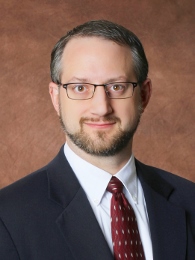
Michael E. DiRienzo, a Partner at Kahn, Dees, Donovan & Kahn, LLP, in Evansville, Ind., has nearly 15 years of experience assisting clients in the areas of education law, government, schools and municipal law, environmental law, business law, and bankruptcy, collection & creditors’ rights law. Mike helps educational institutions, municipalities and government entities, healthcare institutions, construction companies, and clients in other industries effectively resolve disputes and continue to build their businesses. In addition, Mike uses his litigation experience to give his clients special perspective and advice on legal strategies regarding complex commercial transactions involving acquisitions, distributorships, commercial leases and protection of confidential information.


